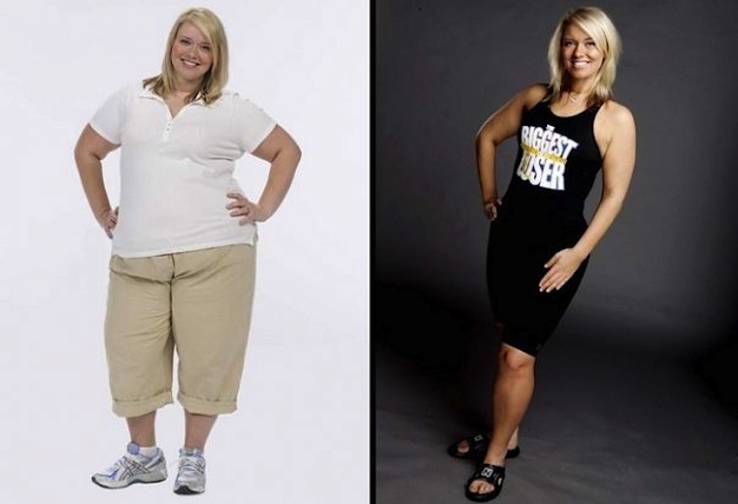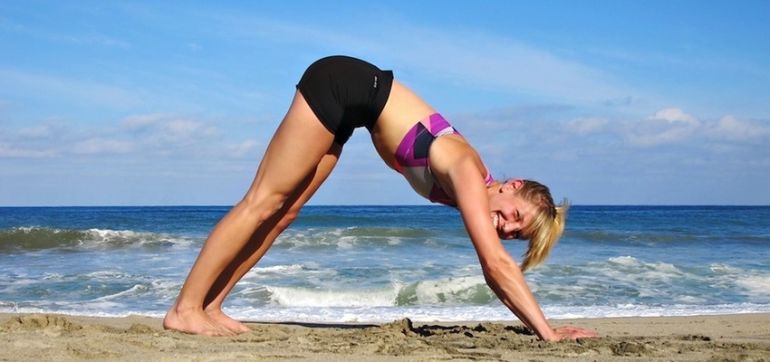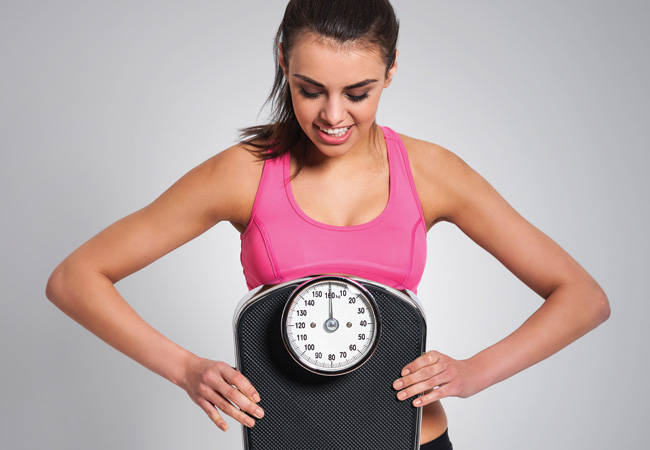3 Ways to Burn More Calories During Your Workout
Whether you've hit a weight-loss plateau or just want to torch as many calories as possible at the gym, changing your exercise strategy can help you burn calories more efficiently. This is important for losing weight because it helps you create a calorie deficit--and by burning more calories than you eat, you force your body to burn fat for energy.
1. Intervals
Interval training is the newest frontier in cardio exercise. While the technique has long been a favorite for competitive athletes, it's now making waves among amateur fitness circles because it can slash your workout time and increase calorie burning at once.
Here's how it works: spend two to five minutes at a slow to moderate pace, increase your effort to near-maximum for 30 seconds to two minutes, then repeat the cycle for the duration of your workout. By alternating between easy and intense periods, you throw your body out of homeostasis, according to IDEA Health and Fitness Association. This requires your body to work at restoring balance for up to 24 hours, leading to an increased calorie burn long after the activity.
For example, one recent study headed by faculty from Colorado State University and the University of Colorado involved an interval workout that alternated four minutes of gentle cycling on a stationary bike with 30 seconds of sprint cycling. Researchers found that participants burned 200 more calories than usual throughout the day after this workout, even though total workout time was about 25 minutes.
If you don't use a stationary bike, you may be able to duplicate these results with walking/running intervals or slow/vigorous intervals on an elliptical machine. The key is to push hard during the shorter intervals and then recover with the longer ones.
2. Longer Workouts
Intervals may be fast, but they're also tough, and best suited for people of advanced physical fitness. If sprinting-level exercise doesn't sound safe or desirable, consider upping your fat-burning power by simply increasing the amount of time that you exercise.
When you perform cardio for longer than an hour and a half, your body runs out of glycogen, a type of sugar stored in muscles to fuel activity. Over multiple long workouts, your body learns to burn fat instead of glycogen as you exercise in order to avoid glycogen depletion, which could make weight loss easier.
3. Nourishment
Whatever your exercise style, you'll burn more calories with a more vigorous workout, which requires ample energy. You get this energy by eating the nutrients your body wants for workouts, which are mainly carbohydrates and protein. A little bit of fat is also OK, but too much can leave you sluggish and may hamper your workout. Also avoid high-fiber vegetables, like broccoli, which can lead to cramping and bloating during your activity.
For maximum energy, eat a small meal such as oatmeal with raisins and low-fat milk, bananas with peanut butter or a low-fat cheese sandwich on whole-wheat bread two to three hours before exercising.

The Secret to Burning Belly Fat Is...
Nina Kate is a certified fitness nutrition specialist through the National Academy of Sports Medicine (NASM). She also studied journalism at the University of California, Los Angeles (UCLA), and has contributed to numerous major publications as a freelance writer. Nina thrives on sharing nutrition and fitness knowledge to help readers lead healthy, active lives. Visit her wellness blog at BodyFlourish.com.
-
Easy Weight Loss Tips – Free Weight Loss Program Reveals 10 Steps To Easy Weight Loss Today
Millions of people are frequently looking for easy weight loss tips an
-
Optimize Your Weight Loss Regimen With These Ideas
Do you feel that you’re overweight? Does your weight hold yo
-
Get Assistance In Weight Loss Process With Igob131 Extract
Studies have shown that the igob131 extr
-
Weight Loss Workouts
Get workouts for weight loss sitting at home! Yes you heard us right.
-
Best Weight Loss Tips Can Be Used To Enjoy Permanent, Healthy Weight Loss Results
Since the very introduction of the World Wide Web, getting details ab
-
Rating The Diets A Mindless Exercise
There has been a recent surge in the experts weighing in (pun intended
- DON'T MISS
- Why You Should Kick Start a Diet on a Monday
- The Definitive Diet Check List
- Weight Loss Advice To Get You Slim And Trim!
- Small Changes for Big Success Losing Weight
- Heres The Skinny On Fat Burning Supplements
- Deciding If This Alternative Is Right For You
- Are Infrared Saunas More Effective Than Traditional Saunas?
- Trendy Diet on How to Lose Belly Fat
- Xenical: Cutting Down Unwanted Excessive Bodily Fat
- Weight Loss Through Exercise - You Dont Have to Starve Yourself to Slim Down




